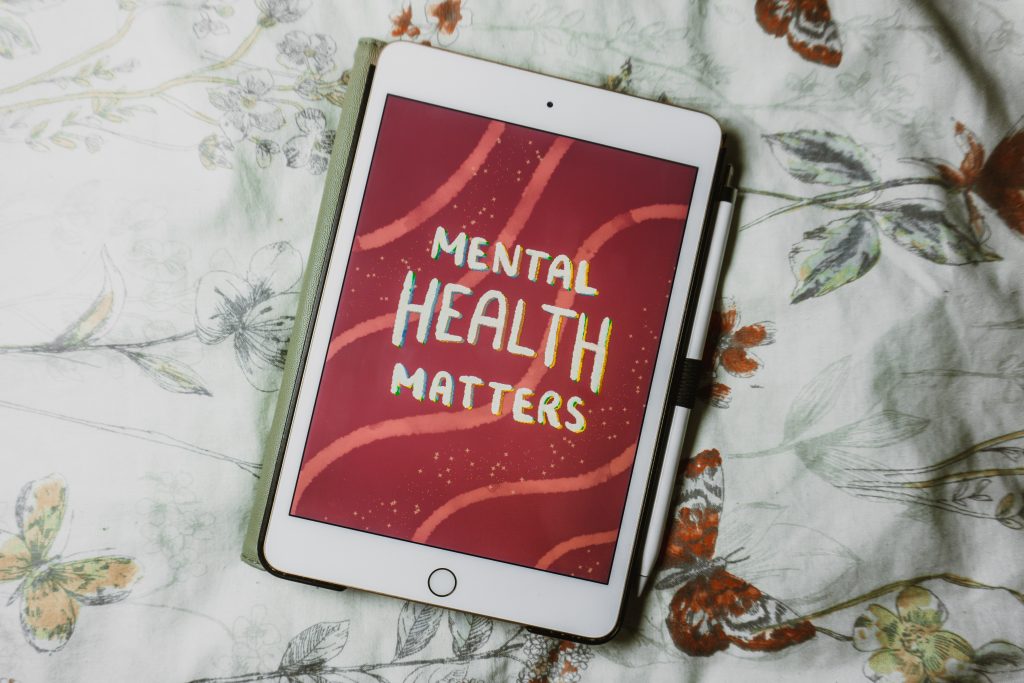
Digital literacy refers to the ability to use digital tools and technologies effectively. With the increasing use of technology in the workplace, digital literacy has become an essential skill for many jobs.
Reasons to become a Digital Literate in 2023
Here are some of the reasons why digital literacy is important in today’s job market and what types of digital literacy skills are in demand.

1. Digital literacy is essential for many Jobs
With the increasing use of technology in the workplace, digital literacy has become an essential skill for many jobs. For example, jobs in the field of marketing, customer service, and communication require strong digital literacy skills. Even jobs that are not directly related to technology, such as finance or healthcare, require employees to have some level of digital literacy to be able to use digital tools and technologies effectively.
2. Digital literacy is in high demand
According to a report by the World Economic Forum, digital literacy skills such as online collaboration, digital marketing, and social media management are among the top skills in demand by employers. This is because these skills are essential for many jobs in today’s digital economy.
3. Digital literacy can lead to higher salaries
Digital literacy skills are in high demand and are often rewarded with higher salaries. For example, digital marketers with strong digital literacy skills can earn a higher salary than those without.
4. Digital literacy is needed for career advancement
Having strong digital literacy skills can help you advance in your career. For example, a digital marketer with strong digital literacy skills can advance to a senior digital marketer or a manager position.
5. Digital literacy can help you stay competitive in the Job market
With the job market constantly evolving and technology advancing, having strong digital literacy skills can help you stay competitive and increase your chances of getting hired.
Some of the most in-demand digital literacy skills include:
- Online collaboration tools such as Zoom, Google Suite, Slack
- Social media management and digital marketing skills
- Content management systems (CMS)
- Basic graphic design and video editing skills
- Basic search engine optimization (SEO)
- Digital security and privacy awareness
- Cybersecurity and Networking
Digital literacy is becoming increasingly important in today’s job market. Having strong digital literacy skills can help you advance in your career, increase your chances of getting hired, and earn a higher salary. To stay competitive in the job market, it’s important to continuously develop your digital literacy skills and stay informed about the latest trends in technology.
Negative Sides of being a Digital Literate

While being digitally literate can be beneficial, there are also some potential downsides to consider. Here are some of the negative sides of being digitally literate:
- Digital overload
- Social isolation
- Cyberbullying and harassment
- Addiction
- Digital Disconnect
- Data privacy and security
- Dependence
To further explain these terms and the way it applies to digital literacy;
- Digital overload: With the increasing use of technology in our daily lives, it can be easy to become overwhelmed by the amount of digital information and communication we have to process. This can lead to feelings of anxiety and stress.
- Social isolation: Spending too much time online and on digital devices can lead to social isolation and a lack of face-to-face interaction with others. This can have a negative impact on our mental and emotional well-being.
- Cyberbullying and harassment: Being digitally literate also means being exposed to online harassment and cyberbullying, which can have a negative impact on one’s mental health.
- Addiction: Being digitally literate also means being exposed to the potential for addiction to digital devices and the internet. This can lead to a lack of balance in our lives and can affect our relationships and overall well-being.
- Digital Disconnect: Being digitally literate also means being exposed to constant digital distractions, which can make it hard to focus and complete tasks. This can lead to a lack of productivity and can be a barrier to achieving personal and professional goals.
- Data privacy and security: Being digitally literate means being aware of the potential risks to our personal information and data security. It can be hard to keep track of where our personal information is going, who has access to it, and how it is being used.
- Dependence: Being digitally literate can also make us dependent on technology, making it hard to function without it. This can lead to a lack of creativity, and problem-solving skills, and can limit our ability to think critically.
Conclusion

In conclusion, while being digitally literate can be beneficial, it’s important to be aware of the potential downsides as well. It’s important to find a balance between the use of technology and other aspects of our lives, be aware of the potential risks and dangers that come with being digitally literate, and take steps to protect ourselves from them. It’s also important to take breaks from digital devices, engage in other activities, and maintain face-to-face interactions with others.
Leave a Reply